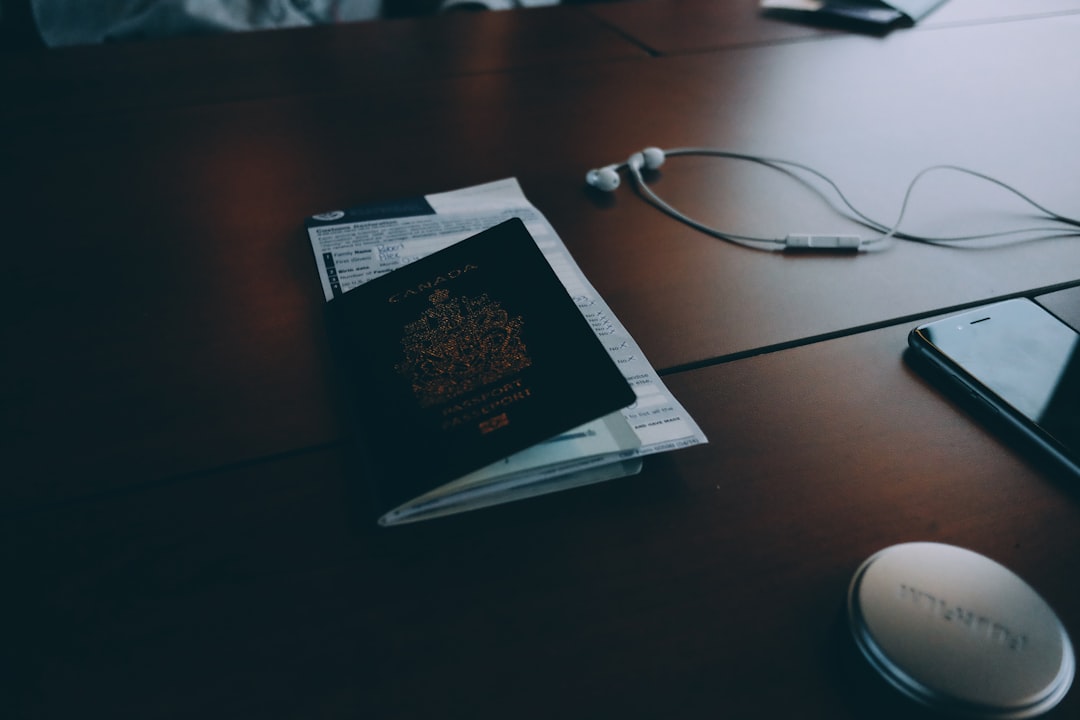Customs Officer Āpiha Taupare
Customs officers control the entry and departure of goods, ships, planes and people to and from New Zealand.
Customs officers may do some or all of the following:
- inspect mail and goods for illegal items
- patrol wharves and search ships and aircraft for prohibited and restricted goods
- check passengers' passports and travel documents
- check passengers for prohibited and restricted goods
- assess and collect taxes on goods coming into the country, and on alcohol and tobacco made in New Zealand
- gather import and export data
- gather intelligence and assess security risks
- carry out drug and commercial investigations
- keep notes and evidence for legal investigations.
Physical Requirements
Customs officers need to be reasonably fit and healthy, and have good eyesight (with or without corrective lenses).
They must pass a medical exam for entry into the role, and ongoing fitness tests (for some customs officer positions).
Useful Experience
Useful experience for customs officers includes:
- customer service roles involving dealing with the public, managing complaints and handling conflict
- work involving legislation or law enforcement
- being able to speak and understand other languages.
Personal Qualities
Customs officers need to be:
- skilled at communicating
- able to relate to people from a range of cultures and backgrounds
- polite, patient and helpful
- firm when dealing with people
- skilled at analysing information and solving problems
- good at planning
- responsible
- observant, with an eye for detail.
Skills
Customs officers need to have knowledge of:
- legislation relevant to customs work
- customs documentation, procedures and policies
- border protection methods
- illegal items
- search and investigation techniques
- how to evaluate whether people are a potential risk.
Conditions
Customs officers:
- do shift work, which can include nights, weekends and public holidays
- work in offices, ports, on ships, and in airport terminals and freight depots
- work in all weather conditions when they work outdoors
- may work in hazardous, dusty or noisy conditions, with heavy machinery operating
- may have to deal with tired, angry and upset people.
Subject Recommendations
There are no specific secondary education requirements to become a customs officer, but NCEA Level 2 English and maths are preferred.
Customs Officers can earn around $54K-$73K per year.
Pay for customs officers varies depending on experience and responsibilities.
- Customs officers usually earn $54,000 to $73,000 a year.
- Chief customs officers in management can earn $98,000 to $125,000 a year.
Source: New Zealand Customs Service, 'Collective Employment Agreement, 2022-2025', 2022.
Customs officers may move into chief customs officer and managerial roles.
With further on-the-job training, customs officers may progress to jobs in areas such as:
- intelligence
- criminal investigation
- dog training and handling.
Years Of Training
<1 year of training required.To become a customs officer or an assistant customs officer you need to:
- be a New Zealand citizen or permanent resident
- have lived in New Zealand (or in a country approved by the New Zealand Customs Service) continually for the last five years
- have a current driver's licence.
Applicants shortlisted for trainee customs officer positions attend an assessment centre where they complete:
- one-to-one interviews
- written activities
- group activities
- cognitive (thought processes) testing.
Successful applicants are then formally interviewed and must pass a medical assessment, drug test and security check.
Training for customs officers
Assistant customs officers are responsible for stamping passports, and customer service at airports and wharves. They complete a three-week training programme in Auckland.
Customs officers complete an eight-week training programme in Auckland, and then six months of on-the-job training.

 Hagley Community College
Hagley Community College